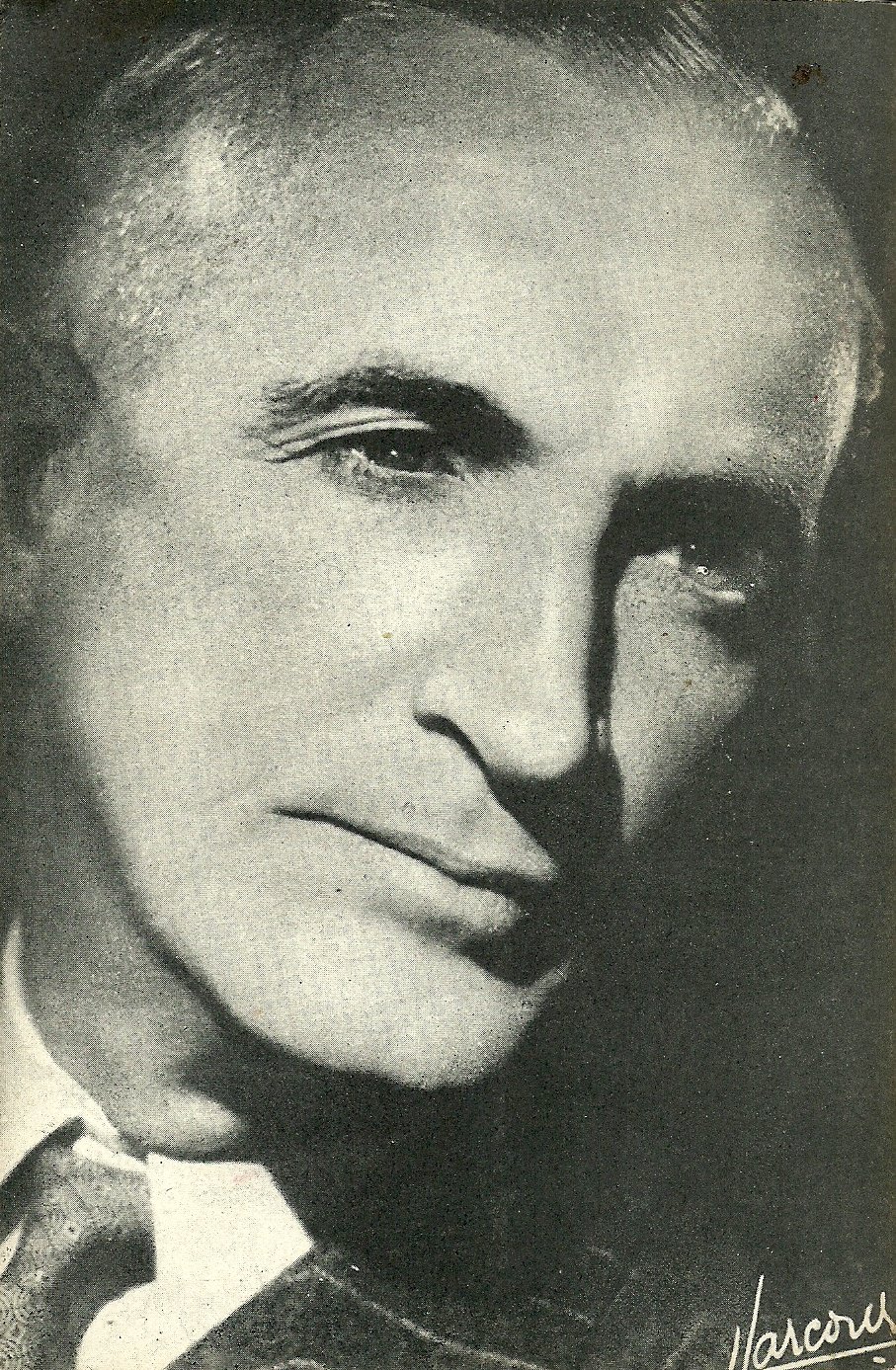Review| The Word in Flames by Dave Lordan
Dave Lordan is some cunt for writing this collection. And I mean that in the same way that Slippy-Sloppy would mean it. Slippy-Sloppy (a nickname for Stephen) was a bloke I used to work alongside in the Dunkin’ Donuts bakery in Cherry Orchard Industrial Estate when I was in my mid twenties.
Yer man over there is some cunt. Yer woman beside him is some cunt too. Yer some cunt yourself, mate. They’d all done or said something he liked and this was his way of lilting his approval with grace notes. No malice intended. He employed what many people would call very strong language at all times – all the words you’re led to believe, for some reason, you should never use on pain of an upsidedown crucifix in the left eyeball. The same language posh Stephen Fry and Brian Blessed use in their daily lives without censure.

After about ten minutes spent in Slippy-Sloppy’s company though, I hardly noticed these banned, flaming words at all, for they just melted into his cheese-on-toast sentences seamlessly along with all the other words he bandied – not that I gave a flying fuck what words he used at the time in any way. He subsequently entered the Civil Service and has climbed to the very top echelons of that profession – and is still rising like cream, as we speak. I’d probably have to salute him if we crossed paths in the street today. Ironic really, seeing as though on Facebook recently he shared derogatory memes of the LUAS drivers when they were on strike, so he turned out to be a right cunt in the more traditional sense of that word too. Which illustrates the fact, as Derrida points out, that most words actually mean two things at the same time – their exact opposites – like the c word as illustrated above– or like “bad” as per Michael Jackson – or even more recently like the clown; scary AND funny. Astonishingly, most words can and wilfully signify these multiple meanings. Therefore, how humans communicate complex ideas is a consummate mystery and we should be forever down-on-our-knees grateful.
Lordan’s essays in this book tend to prompt these sort of progressions in your head, one after the other like the Sydney Opera House on New Year’s eve, each incandescent pyrotechnic firing the next. Most of the fireworks in this book, of which there is an astonishing plenitude, intrigue, provoke and innovate immensely but also provide food for further ideas and writers to be gobbed into at a later date. For instance, after reading Lordan’s second essay in this book for the first time in The Stinging Fly a few years ago, I discovered Roberto Bolano and his literary significance for the first time. A nice gift to suck from any long streak of words on a page indeed.
One aspect of the first essay in this collection deals with the sanctification of the downtrodden. Slippy-Sloppy was sacked because of his cunty language in the bakery. Management focused on one thing to the point of obsession, much like the melancholy naturalists Lordan discusses here too. A melancholy naturalist writes “well-told tales about poor craturs we can all feel sorry for.” Some horse tablet alright. You just know who she’s talking about. It’s funny too and you don’t have to agree with the concept, I think, to get the joke or feel the Chinese burn. Slippy-Sloppy used cunty language the way John Coltrane used his saxophone in the 1960s. Yes, he called people cunts but he also reorganised the systems in the bakery to such an extent that efficiency, productivity and morale soared. As a result, it was a skankin’ place to work (in the best sense of that word). He actually saved the company big bucks but management focused solely on his grace notes, got terribly upset (purposely, I think) and sacked him. The company folded like a striped deckchair, in Ireland at least, not long after he left. Surprise surprise.
Lordan discusses how the vast masses of Irish melancholy naturalists in serried literary ranks concentrate on suffering in their prize-winning writing to the point of dead-parrot absurdity. I now jumpcut from her text. “Art from suffering. Making suffering pleasing, beautiful and admirable. Like Jesus on Calvary, the more beautiful the suffering, the closer to paradise.” Quite some fizz and work-fire there indeed. Consequently, politics can not be broached in modern fiction. It’s strictly verboten because you’re an unfeeling bastard if you’re not zoning in close, close, closer still to all that lovely suffering all the time and being ’empathetic’ with flowers in your hair, in permanent paralysis unable to do anything else but weep, profusely. Because it’s so sad. If you want the whole argument read her text in full, this is just jumpcutups. And I may not have it exactly right. On purpose. Lordan points out that William Blake advised, “excess of sorrow – laughs. Excess of joy, weeps.” Which means in practice that because of the sterling work of the melancholy naturalists of Irish literature and their readers consequent “overwhelming by and wallowing in suffering, political mobilisation dissipates dreamily away” and the tyrants get away with crucifixion.
But there’s still a few writers on this planet that want to try and change the world or at least talk about stuff that’s relevant to their lives. But say that out loud and it’s as if they’d said cunt at mass and they’ll be sacked and sickened faster than Slippy-Sloppy for even taking a seat. Unconsciously, they are the cat’s paw of the “quietist establishment”, the status quo, no matter how gorgeous the suffering per page they write about and we salivate upon utterly transfixed. Unable to move or protest about anything. Basically the melancholy naturalists are Michael Jackson at the 1996 Brit awards singing and swaying on stage like some kind of messiah you must submit willingly to and worship at his buckled feet whereas Lordan is trying to make the case and crow-bar some space for Jarvis Cocker’s wriggling arsehole behind Jackson’s full Latin mass in windy dry ice taking up the entire stage.
You don’t have to agree with Lordan, I feel, to get something out of her writing in this collection, as I said, for you will definitely get something. Each essay a killer laser-beam of focused provocation from Jarvis Cocker’s anus. Even the melancholy naturalists who may view Lordan the way writer Mark Forsyth views William Blake in his book, The Elements of Eloquence, will get something. “William Blake is a nutjob whose opinions, in a civilised society, would be of no interest to anybody apart from his parole officer. This is the menial duty of the philosopher. A poet is somebody who expresses his thoughts, however commonplace they may be, exquisitely.” And, quite frankly, if people are talking like that about you, then you know you’re doing something right. Which I think Lordan is.
The second essay, The Abyss Staring Back, Shock in Literature, Literature in Shock, stretches her elastic band of provocation further by examining the absence of properly-focused empathy in modern society with a rubber-band-snapping-back-roughly-in-your-face analysis of De Sade’s 120 Days of Sodom. “A book in which the ruling classes despise and mock the weak. The very existence of power justifies everything. The only option for the weak is mute and willing submission. Inflicting pain to erase the self. The end of empathy snuffs out the humanising drive to revolt.” Through De Sade the ruling classes have revealed their true selves. Like Lordan’s later essay on Proust whom she calls, “the Edward Snowden of novelists providing an inexhaustible dossier of the nihilism of the upper one thousand, their constitutionally cruel unfeelingness.” De Sade’s book was preserved down the ages because his works were, according to Will McMoran in the Guardian recently, “medico-legal documents of great scientific value and were too expensive for ordinary members of the public to buy”. Thus only for the rich and the privileged. What De Sade describes in this book is what the church and polite Irish society did to Irish children on a grand scale up until relatively recently. So now we all know what they’re up to – or would like to get up to given the chance. It’s written down. Thank you De Sade. Mis-shapes, mistakes, misfits. Perverts, paedophiles and nihilists. Bring on the dancing Jarvis Cockers post-haste with their anus laser-beams of enlightenment. And grab hold. Which cheek do you want, left or right?

This is real raise-the-dead stuff. And Lordan makes Liam O’Flaherty hover six feet off the ground in his next essay; Raising the Devil: The unspeakable fictions of Liam O’Flaherty. If you want to see someone having a right in-yer-face go at the quangocrats of Irish lit with a red hot poker then this is the essay for you. For Liam O’Flaherty is “administratively forgotten” says Lordan. He’s being treated like gay people in New York City’s Paddy’s Day Parade; as soon as the gay float approaches the quangocrats in the main stand, they all stand up in disgust and turn their backs on it, willfully ignoring all the cheers and whoops in support of Irish gayness in all its multifarious forms coming from both sidelines. Liam O’Flaherty is a gay float in NYC because he was “anti-romantic, nihilistic, Nietschean and had radical politics.” The quangocrats don’t hear any of these cheers except of course when Slippy-Sloppy calls them cunts – they hear that loud and proud and call the police and arrest Liam, Slippy-Sloppy and the flotilla of gays all together, like those valiant water metre protestors, and take them to a cramped NYC prison where everyone is locked up and left to obey Springsteen: “The hungry and the hunted explode into rock ‘n roll bands.” In their NYC jail cells the men wear dresses and the women Y-fronts to mock 1970s, 1980s & 1990s urban and rural machismo and taunt it with the result of the 2015 gay marriage referendum. You’d want to see the look on the face of the 1970s. “In shameless polyvocality and polymorphous interpenetration of the live arts.” Titter ye not. These musician poets are the populist autodidacts trying to reach for the stars and reinvigorate the tradition.

As Lordan says, “if you are not involved in argument with your elders dead or alive then how can you be learning anything?” As Slippy-Sloppy says, “The fuck with that”, and punches Dennis O’Driscoll in the testicles. Dennis O’Driscoll who is the subject matter of Lordan’s essay New York Impossible in which O’Driscoll says that performance poetry comes from early last century America and Vachel Lindsay. Then, from between his legs, he drops two new and steaming poetry collections to the ground in the midst of all his testicular pain a throbbing. Well, I’m assuming they’ll be steaming for I haven’t read much of O’Driscoll, however, this essay makes me want to. Which ultimately leads me to the following, “The artist remains cryogenically suspended in their work and will be resurrected if and when the lucky technology arrives.” I really like that idea from Lordan’s Proust essay so when I get Sloppy-Sloppy to read Pasolini to his fellow NYC cellmates for sustenance, Pasolini duly comes to life again in some mutant multimedia form (Essay: The Multimedia Revolution in Poetry) that no one can understand or appreciate – yet. Blows the roof off their prison. “Look up,” he says, that’s the sky”.
And there’s the big problem with this book, no essay on Pasolini. Kept for the second volume, I suppose. Lordan’s some cunt alright.

